Home>Kitchen & Cooking>Kitchen Gadgets & Utensils>How To Keep Raccoons Out Of Trash Bags
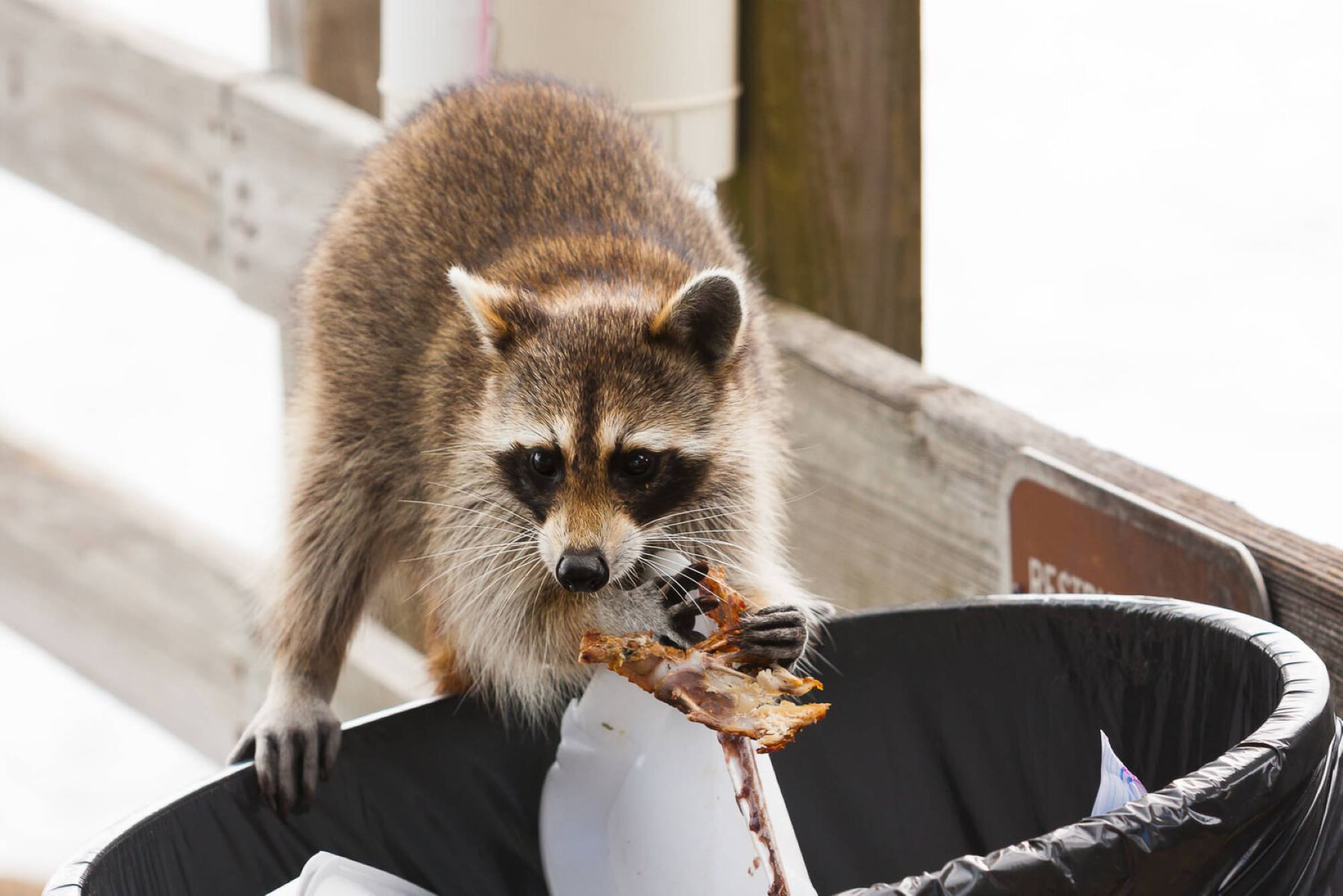

Kitchen Gadgets & Utensils
How To Keep Raccoons Out Of Trash Bags
Published: February 14, 2024
Learn effective ways to keep raccoons out of your trash bags with the best kitchen gadgets and utensils. Protect your garbage from unwanted visitors!
(Many of the links in this article redirect to a specific reviewed product. Your purchase of these products through affiliate links helps to generate commission for Storables.com, at no extra cost. Learn more)
Introduction
Dealing with pesky raccoons rummaging through your trash can be a frustrating and messy ordeal. These clever critters are notorious for their scavenging skills and can wreak havoc on your outdoor garbage bins, leaving a trail of debris in their wake. However, fear not! With the right strategies and tools, you can effectively keep raccoons out of your trash bags and maintain a clean and tidy outdoor space.
Raccoons are intelligent and resourceful creatures, known for their dexterous paws and sharp claws, which enable them to easily tear through plastic bags and containers in search of food. Their keen sense of smell and insatiable appetite make household trash an irresistible target. As nocturnal animals, raccoons are most active during the night, making it challenging to monitor their activities and prevent them from accessing your garbage.
In this comprehensive guide, we will explore various methods and techniques to deter raccoons from infiltrating your trash bags and creating a mess in your yard. From understanding raccoon behavior to implementing effective deterrents and proper waste disposal practices, we will equip you with the knowledge and tools needed to safeguard your trash from these persistent intruders.
By implementing the strategies outlined in this guide, you can protect your property from raccoon-related damage and maintain a clean and hygienic outdoor environment. Let's dive into the world of raccoon deterrence and reclaim control over your trash disposal area.
Key Takeaways:
- Keep raccoons out of trash bags by double bagging, using heavy-duty bags, securing knots, and disposing of trash promptly. Implement deterrents like motion-activated devices and bright lighting to create an inhospitable environment for raccoons.
- Properly dispose of food waste by using sealed compost bins, minimizing odors, and educating others. By integrating these strategies, homeowners can reclaim control over their trash disposal area and minimize raccoon-related disturbances.
Read more: How To Keep Raccoon Out Of Garden
Understanding Raccoon Behavior
Raccoons, with their distinctive masked faces and ringed tails, are highly adaptable creatures that thrive in a variety of habitats, including urban and suburban areas. Understanding their behavior is crucial in devising effective strategies to keep them away from your trash bags.
Nocturnal Nature
Raccoons are primarily nocturnal, meaning they are most active during the night. This behavior poses a challenge for homeowners as it makes it difficult to monitor their movements and prevent them from accessing garbage bins under the cover of darkness. Their nighttime foraging expeditions often lead them to residential areas in search of easily accessible food sources, including outdoor trash cans and bags.
Omnivorous Diet
These resourceful mammals have an omnivorous diet, consuming a wide range of foods such as fruits, vegetables, insects, small mammals, and even human food waste. Their keen sense of smell allows them to detect potential food sources from a considerable distance, making household trash an attractive target. Raccoons are opportunistic feeders and will exploit any available food, making it essential to secure trash bags to prevent them from gaining access.
Agile and Dexterous
Raccoons are equipped with nimble paws and sharp claws, enabling them to manipulate objects and open containers with relative ease. Their dexterity and problem-solving abilities make them adept at overcoming obstacles, including latching mechanisms and loose-fitting lids on garbage bins. This agility allows them to breach inadequate defenses and gain access to the contents within, leaving a mess in their wake.
Read more: How To Keep Trash Bags In Place
Territorial Behavior
Raccoons exhibit territorial behavior, with each individual having its own home range. They are known to revisit familiar locations in search of food and shelter, making it essential to consistently employ effective deterrents to dissuade them from frequenting your property. By understanding their territorial tendencies, homeowners can implement long-term strategies to discourage raccoons from establishing a presence near their trash disposal areas.
By gaining insight into raccoon behavior, homeowners can tailor their approach to deterring these persistent creatures from accessing their trash bags. With a clear understanding of their nocturnal habits, dietary preferences, physical capabilities, and territorial tendencies, you can implement targeted measures to safeguard your outdoor waste disposal area from raccoon intrusion.
Tips for Securing Trash Bags
Securing your trash bags is a crucial step in preventing raccoons from gaining access to their coveted food sources. By employing effective methods to fortify your garbage containment system, you can significantly reduce the likelihood of raccoon intrusion and minimize the mess they leave behind. Here are some practical tips for securing your trash bags:
-
Double Bagging: Utilize a double bagging technique to add an extra layer of protection to your trash. Place your filled trash bag into a second bag, effectively creating a barrier that makes it more challenging for raccoons to tear into the inner bag. This simple yet effective method can serve as a deterrent against raccoon-induced spills and litter.
-
Heavy-Duty Trash Bags: Opt for heavy-duty, puncture-resistant trash bags designed to withstand the sharp claws and teeth of raccoons. These durable bags offer enhanced strength and durability, reducing the risk of tearing and spillage caused by raccoon tampering. Investing in high-quality trash bags can provide added peace of mind and minimize the need for frequent bag replacements.
-
Secure Knots and Tie-offs: When tying off your trash bags, ensure that the knots are tightly secured to prevent raccoons from easily loosening or untying them. Use strong, reliable knots such as the double knot or cinch knot to effectively seal the bags and deter raccoons from accessing the contents. Additionally, consider using twist ties or sturdy bag clips to reinforce the closure and thwart raccoon intrusion.
-
Elevated Storage: Store your sealed trash bags in elevated locations, such as a secure outdoor bin with a latching lid or a raised platform. By keeping the bags off the ground and out of reach, you can minimize the risk of raccoons tearing into them. Elevated storage also reduces the likelihood of other wildlife, such as stray dogs or rodents, accessing the trash bags.
-
Timely Disposal: Dispose of your trash bags promptly, especially if they contain food scraps or odorous waste. Avoid leaving filled bags outside for extended periods, as the lingering scent can attract raccoons and other scavenging animals. By promptly removing and disposing of trash bags, you can mitigate the allure of your garbage to potential intruders.
Implementing these tips for securing trash bags can fortify your defense against raccoon interference and help maintain a clean and orderly outdoor environment. By adopting proactive measures to safeguard your trash bags, you can minimize the risk of raccoon-related messes and preserve the integrity of your waste disposal area.
Using Deterrents to Keep Raccoons Away
Implementing effective deterrents is a proactive approach to dissuade raccoons from accessing your trash bags and creating a mess in your outdoor space. By utilizing a combination of physical barriers, sensory deterrents, and strategic placement, you can significantly reduce the likelihood of raccoon intrusion and minimize the need for constant vigilance. Here are several deterrent methods to keep raccoons away from your trash bags:
Motion-Activated Devices
Motion-activated deterrents, such as ultrasonic sound emitters and water sprayers, can startle and deter raccoons when they approach your trash disposal area. These devices are equipped with sensors that detect movement and trigger a response, emitting high-frequency sounds or releasing bursts of water to discourage raccoons from lingering near your garbage bins. The sudden activation of these deterrents can disrupt raccoons' foraging behavior and prompt them to seek alternative locations for food, reducing their inclination to target your trash bags.
Read more: How To Keep Ants Out Of Trash Can
Bright Lighting
Installing bright outdoor lighting around your trash disposal area can help deter raccoons, as these nocturnal creatures prefer dimly lit environments. Illuminating the vicinity with motion-activated floodlights or strategically positioned fixtures can create an unwelcoming environment for raccoons, making it less appealing for them to explore and scavenge for food. The presence of consistent, well-lit surroundings can disrupt their comfort zone and discourage prolonged visits to your property.
Scent Repellents
Raccoons possess a keen sense of smell, and certain scents can act as effective repellents to deter them from approaching your trash bags. Natural or commercial repellents, such as ammonia-soaked rags, cayenne pepper, or predator urine, can be strategically placed near your garbage bins to create an olfactory barrier that discourages raccoons. These strong scents can signal danger or discomfort to raccoons, prompting them to avoid the treated areas and seek food elsewhere.
Physical Barriers
Deploying physical barriers, such as wire mesh or hardware cloth, around your trash cans and bags can impede raccoons' access and prevent them from tearing into the contents. Secure the barriers around the perimeter of your garbage storage area, ensuring that they are tall enough and firmly anchored to deter raccoons from breaching the defenses. Additionally, consider reinforcing the lids of your trash bins with latches or locks to further restrict raccoons' ability to pry them open.
Strategic Repellent Placement
Strategically placing deterrents and repellents in and around your trash disposal area can create a comprehensive defense against raccoons. By combining multiple deterrent methods, such as motion-activated devices, bright lighting, scent repellents, and physical barriers, you can create a formidable deterrent system that addresses different aspects of raccoon behavior. This multi-layered approach increases the effectiveness of deterring raccoons and reduces the likelihood of persistent intrusion.
By incorporating these deterrent methods into your raccoon management strategy, you can establish a robust defense against raccoon interference and protect your trash bags from unwanted tampering. Consistency and strategic placement of deterrents are key to reinforcing your defenses and discouraging raccoons from disrupting your outdoor waste disposal area. With a proactive and multi-faceted approach, you can effectively keep raccoons away from your trash bags and maintain a clean, raccoon-free environment.
Read more: How To Keep Bugs Out Of Trash Can
Proper Disposal of Food Waste
Proper disposal of food waste is essential in mitigating the risk of attracting raccoons to your trash bags. Food scraps and leftovers can emit strong odors that entice raccoons and other wildlife, prompting them to investigate and potentially breach your garbage containment system. By adopting responsible food waste disposal practices, you can minimize the allure of your trash bags and reduce the likelihood of raccoon intrusion.
One effective method of managing food waste is to utilize a sealed compost bin for organic materials. Composting not only diverts food scraps from the regular trash but also accelerates the decomposition process, reducing the emission of odors that may attract raccoons. Additionally, maintaining a secure compost bin with a tightly sealed lid helps contain the odors and prevents raccoons from accessing the decomposing organic matter.
When disposing of food waste in regular trash bags, it is crucial to minimize odors and seal the waste effectively. Wrapping food scraps in newspaper or placing them in sealed containers before placing them in the trash bag can help contain odors and reduce the likelihood of attracting raccoons. Furthermore, ensuring that the trash bags are securely tied and stored in a lidded outdoor bin can provide an additional layer of protection against raccoon interference.
Prompt disposal of food waste is also paramount in preventing raccoons from targeting your trash bags. Avoid leaving food scraps or perishable items in outdoor trash receptacles for extended periods, as the lingering odors can serve as a beacon for raccoons. By promptly disposing of food waste and maintaining a clean and odor-free trash disposal area, you can minimize the risk of attracting raccoons and other scavenging animals.
In addition to responsible disposal practices, it is important to educate household members and neighbors about the significance of proper food waste management. Encouraging others to adhere to responsible waste disposal guidelines can contribute to a collective effort in minimizing the availability of food sources that attract raccoons. By fostering a community-wide commitment to responsible waste management, you can create a more inhospitable environment for raccoons and reduce the likelihood of trash-related disturbances.
By incorporating these proper food waste disposal practices into your routine, you can effectively mitigate the risk of attracting raccoons to your trash bags. Responsible waste management not only safeguards your property from raccoon intrusion but also contributes to environmental sustainability by reducing the impact of food waste on landfills. Embracing these practices empowers homeowners to proactively address the factors that attract raccoons and maintain a clean and raccoon-resistant outdoor environment.
Conclusion
In conclusion, deterring raccoons from accessing your trash bags requires a multifaceted approach that encompasses an understanding of raccoon behavior, proactive measures to secure trash bags, the implementation of effective deterrents, and responsible disposal of food waste. By integrating these strategies, homeowners can significantly reduce the likelihood of raccoon intrusion and maintain a clean and orderly outdoor environment.
Understanding the nocturnal nature, omnivorous diet, agility, and territorial behavior of raccoons provides valuable insights into their foraging tendencies and persistence in seeking out food sources. Armed with this knowledge, homeowners can tailor their approach to raccoon deterrence, implementing targeted methods to safeguard their trash bags from these resourceful creatures.
Securing trash bags through double bagging, utilizing heavy-duty bags, ensuring secure knots and tie-offs, and practicing timely disposal are practical steps that fortify the defense against raccoon interference. By implementing these measures, homeowners can minimize the risk of raccoon-induced spills and litter, preserving the cleanliness of their outdoor waste disposal area.
Furthermore, the use of deterrents, such as motion-activated devices, bright lighting, scent repellents, and physical barriers, serves as a proactive defense against raccoon intrusion. By strategically deploying these deterrent methods, homeowners can create an inhospitable environment for raccoons, dissuading them from targeting trash bags and disrupting the outdoor space.
Proper disposal of food waste is equally crucial in mitigating the risk of attracting raccoons. By utilizing sealed compost bins, minimizing odors, and promptly disposing of food waste, homeowners can reduce the allure of their trash bags to raccoons and other wildlife. Additionally, fostering a community-wide commitment to responsible waste management contributes to a collective effort in creating a less hospitable environment for raccoons.
By integrating these strategies and best practices, homeowners can reclaim control over their trash disposal area and minimize the impact of raccoon-related disturbances. The proactive and comprehensive approach to raccoon deterrence not only safeguards the property from potential damage but also promotes a harmonious coexistence with wildlife while maintaining a clean and raccoon-resistant outdoor space.
Frequently Asked Questions about How To Keep Raccoons Out Of Trash Bags
Was this page helpful?
At Storables.com, we guarantee accurate and reliable information. Our content, validated by Expert Board Contributors, is crafted following stringent Editorial Policies. We're committed to providing you with well-researched, expert-backed insights for all your informational needs.
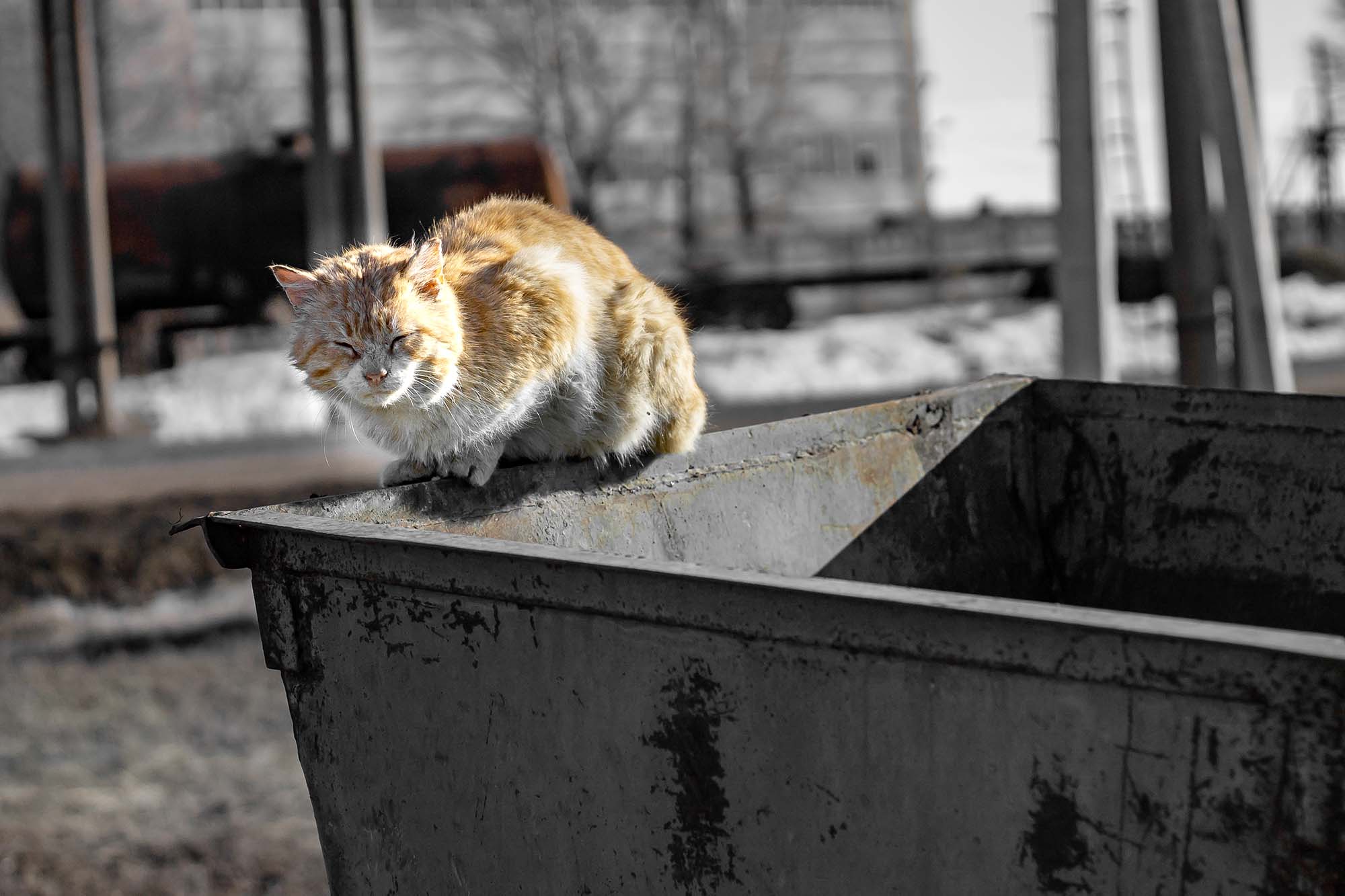
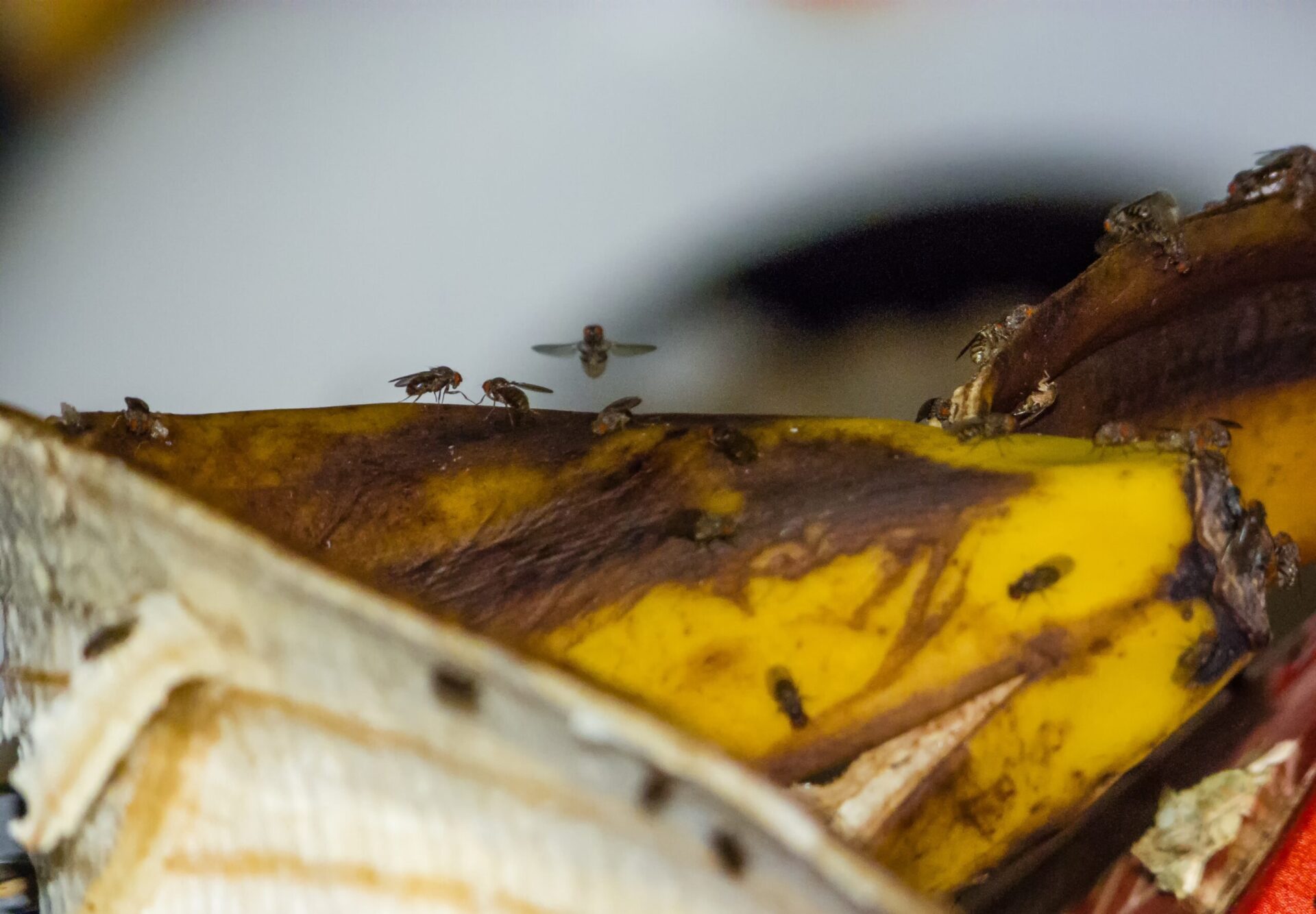
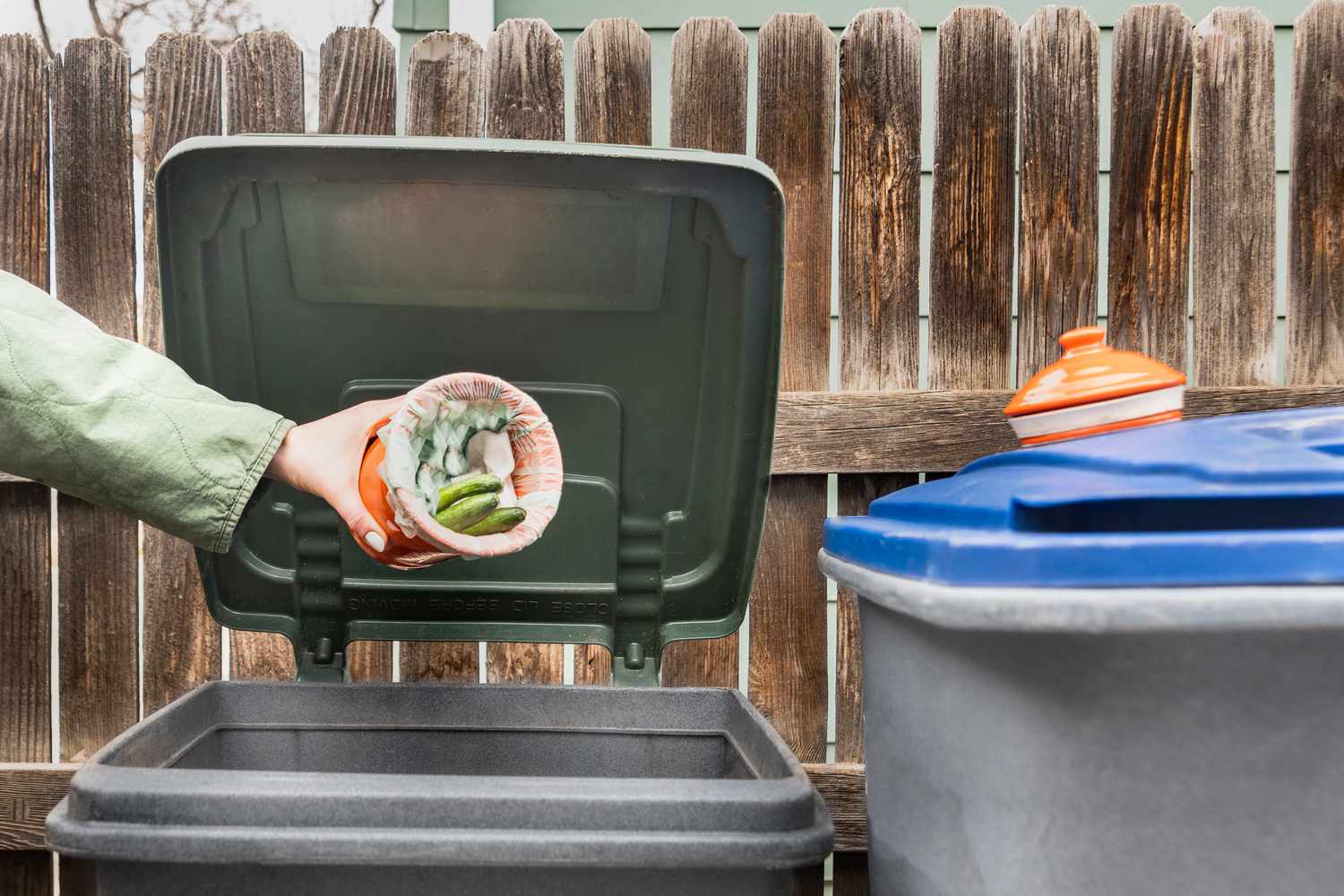
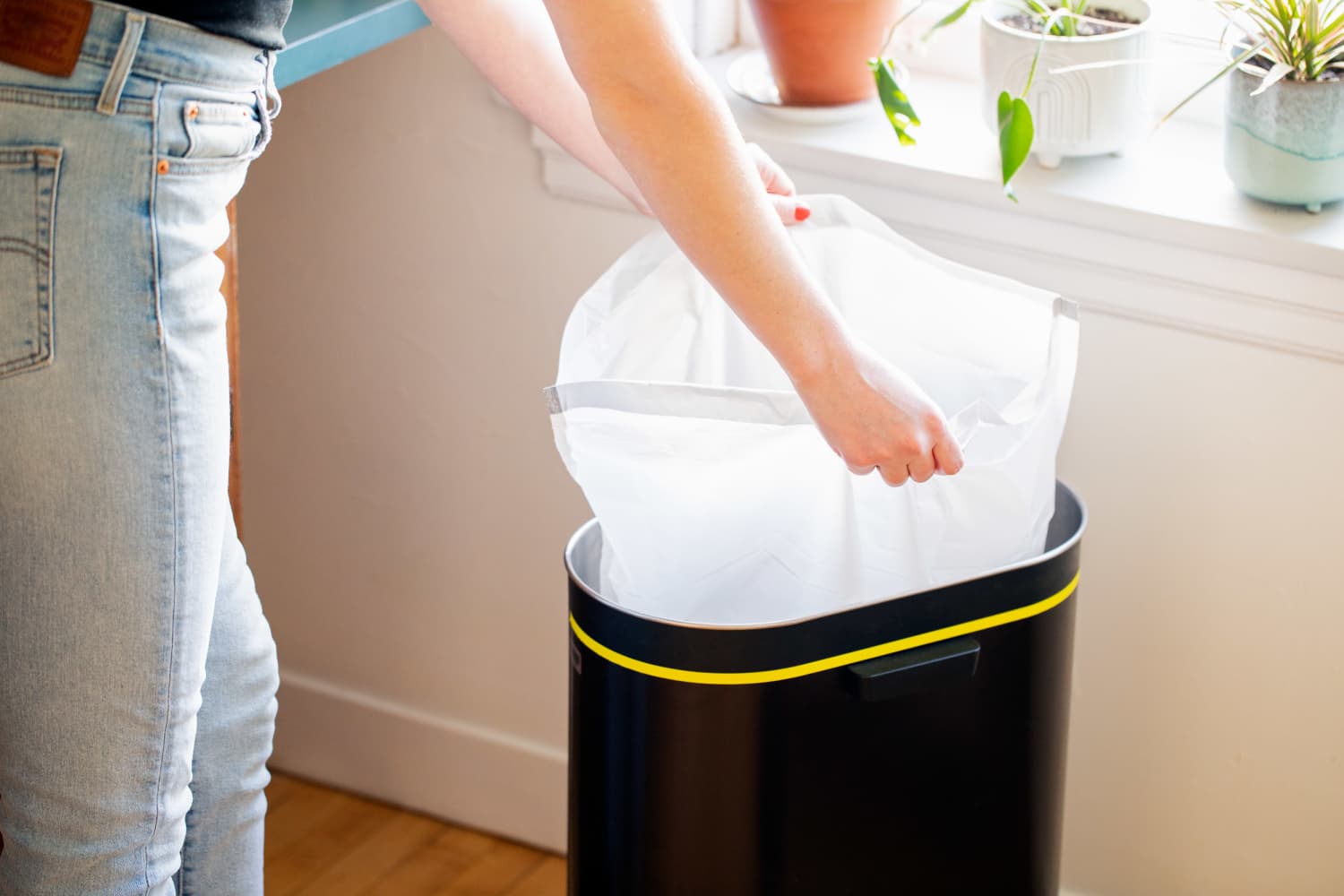
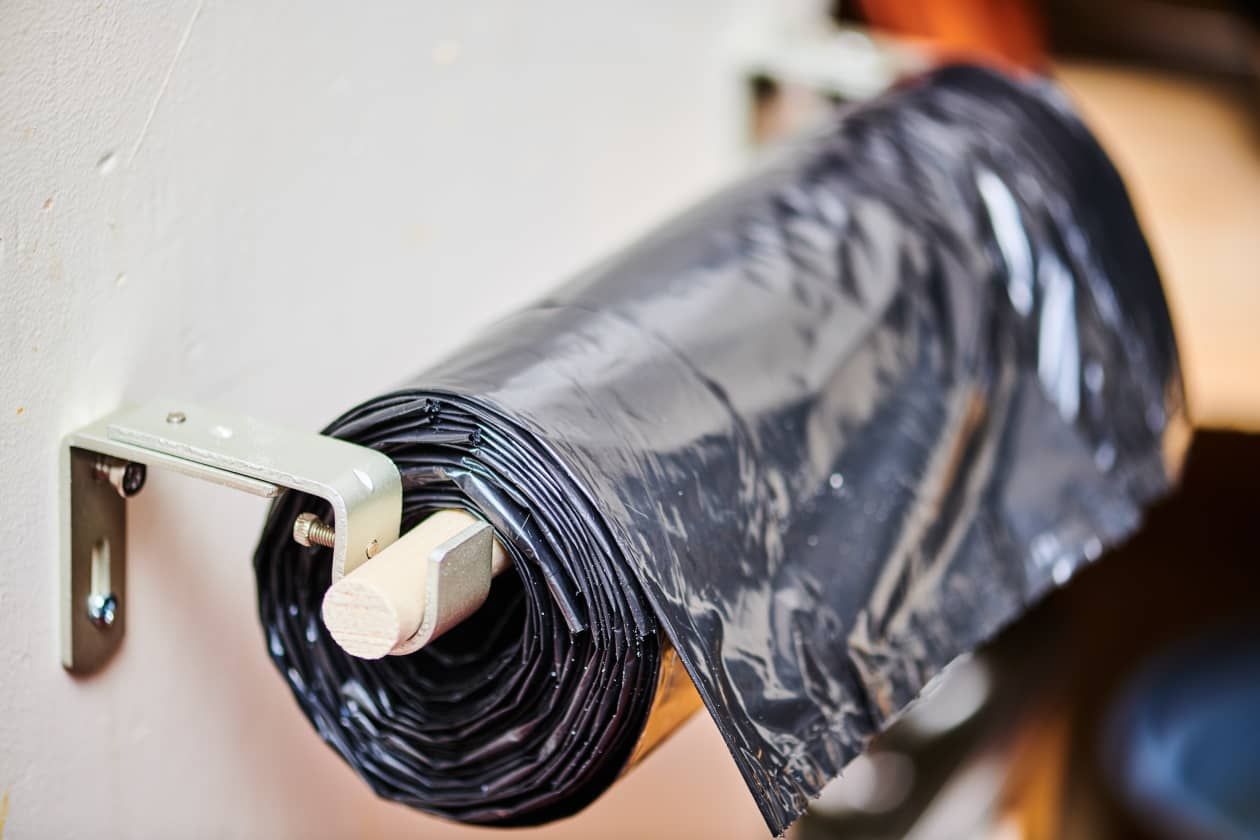
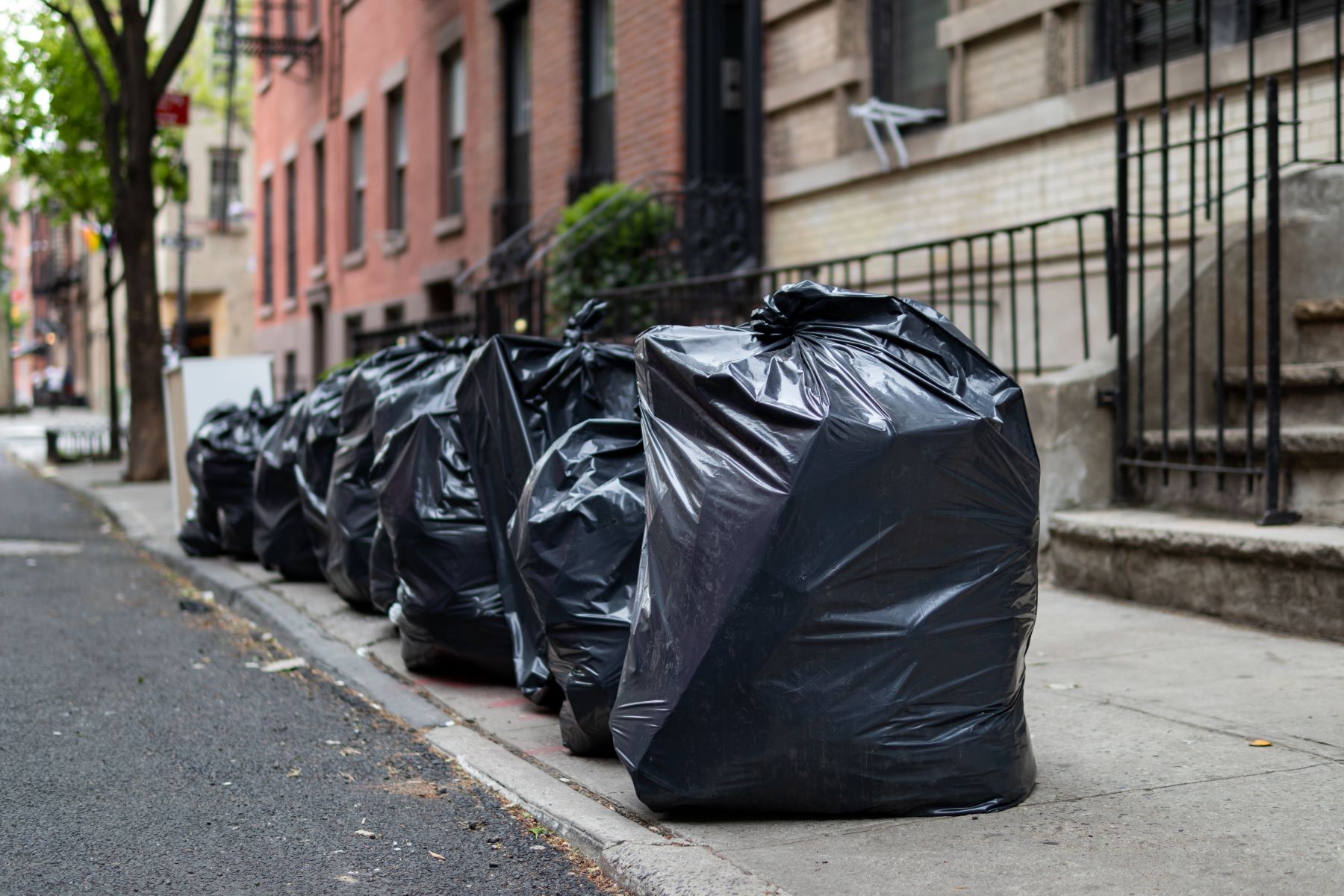
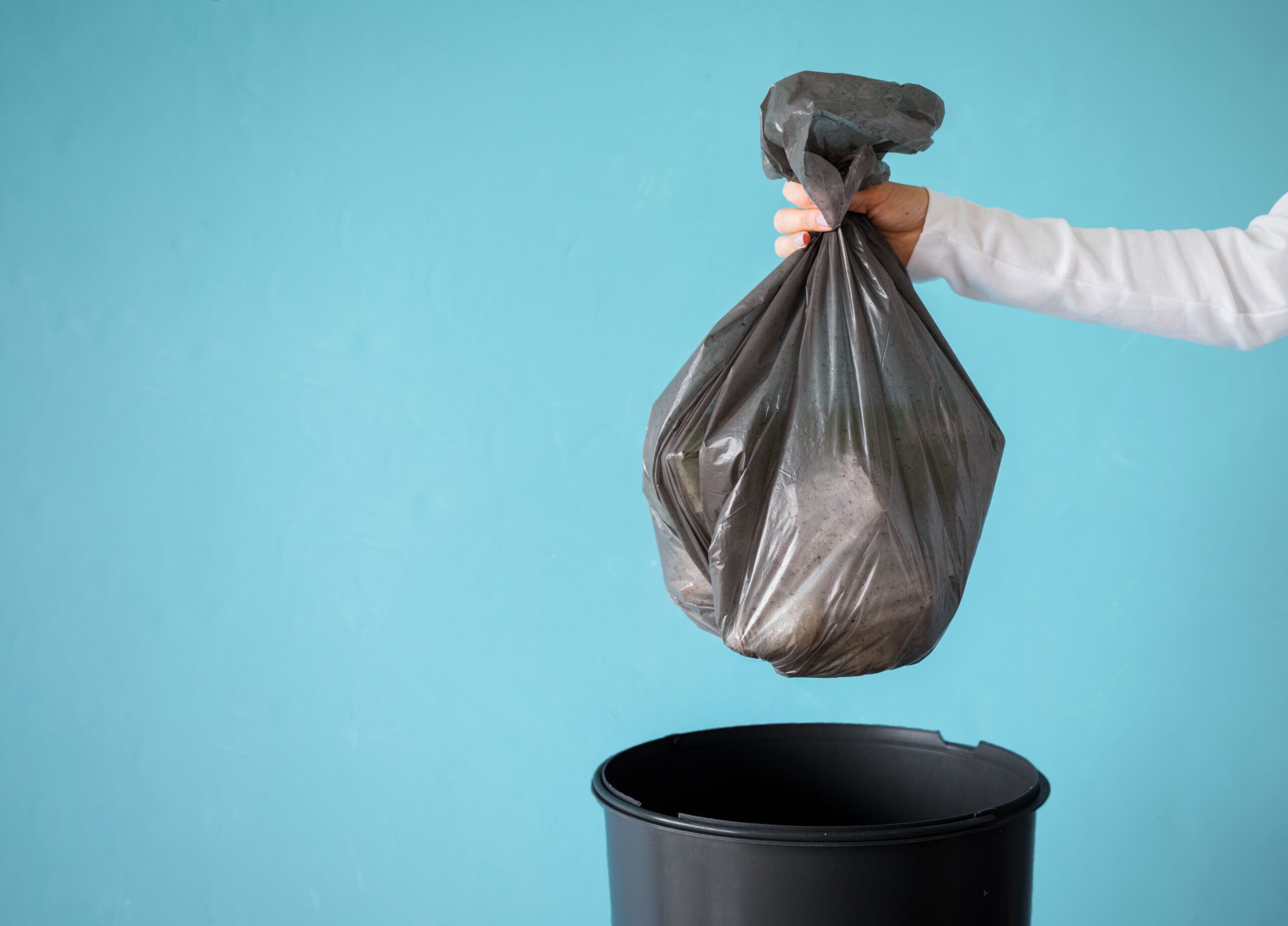
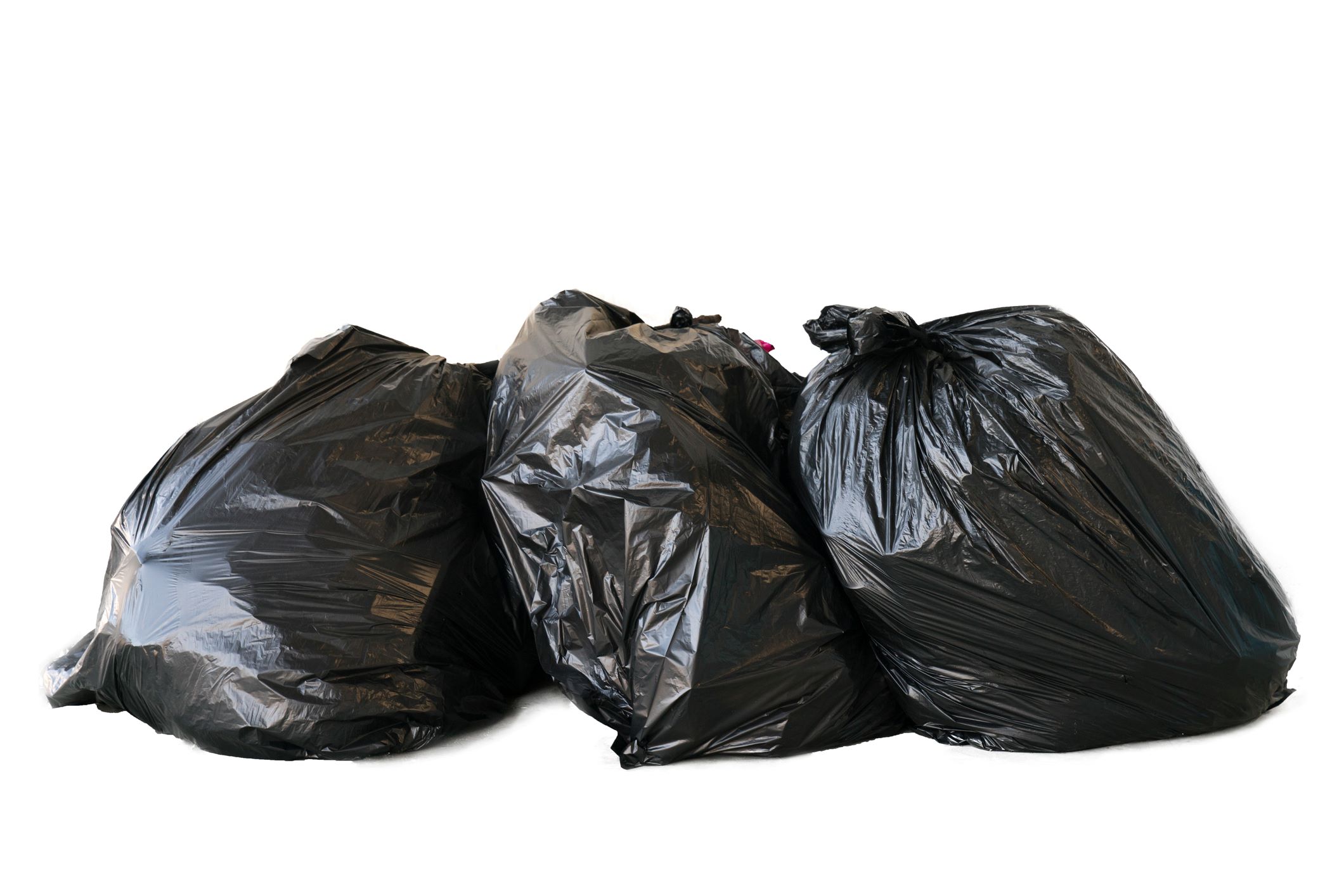
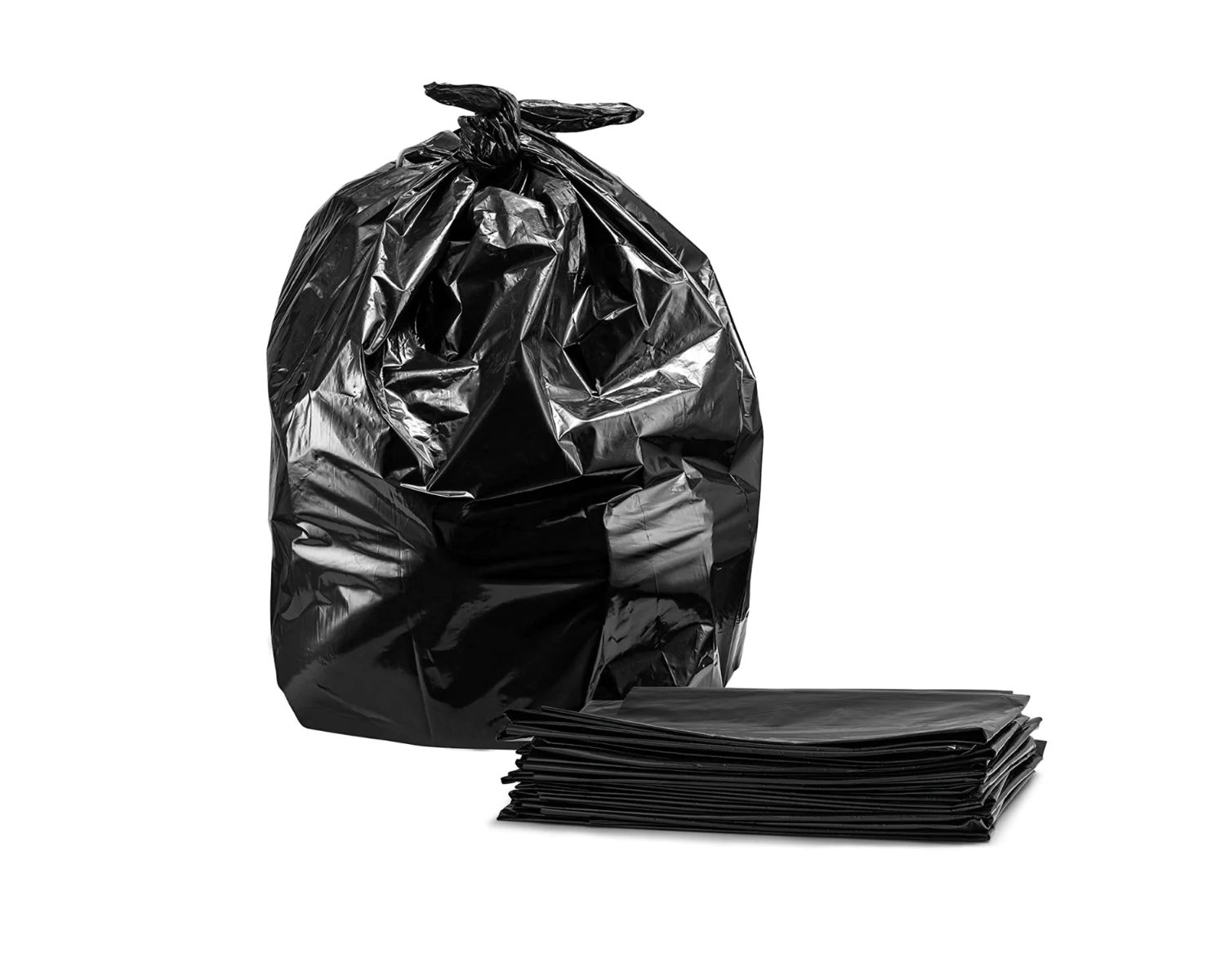
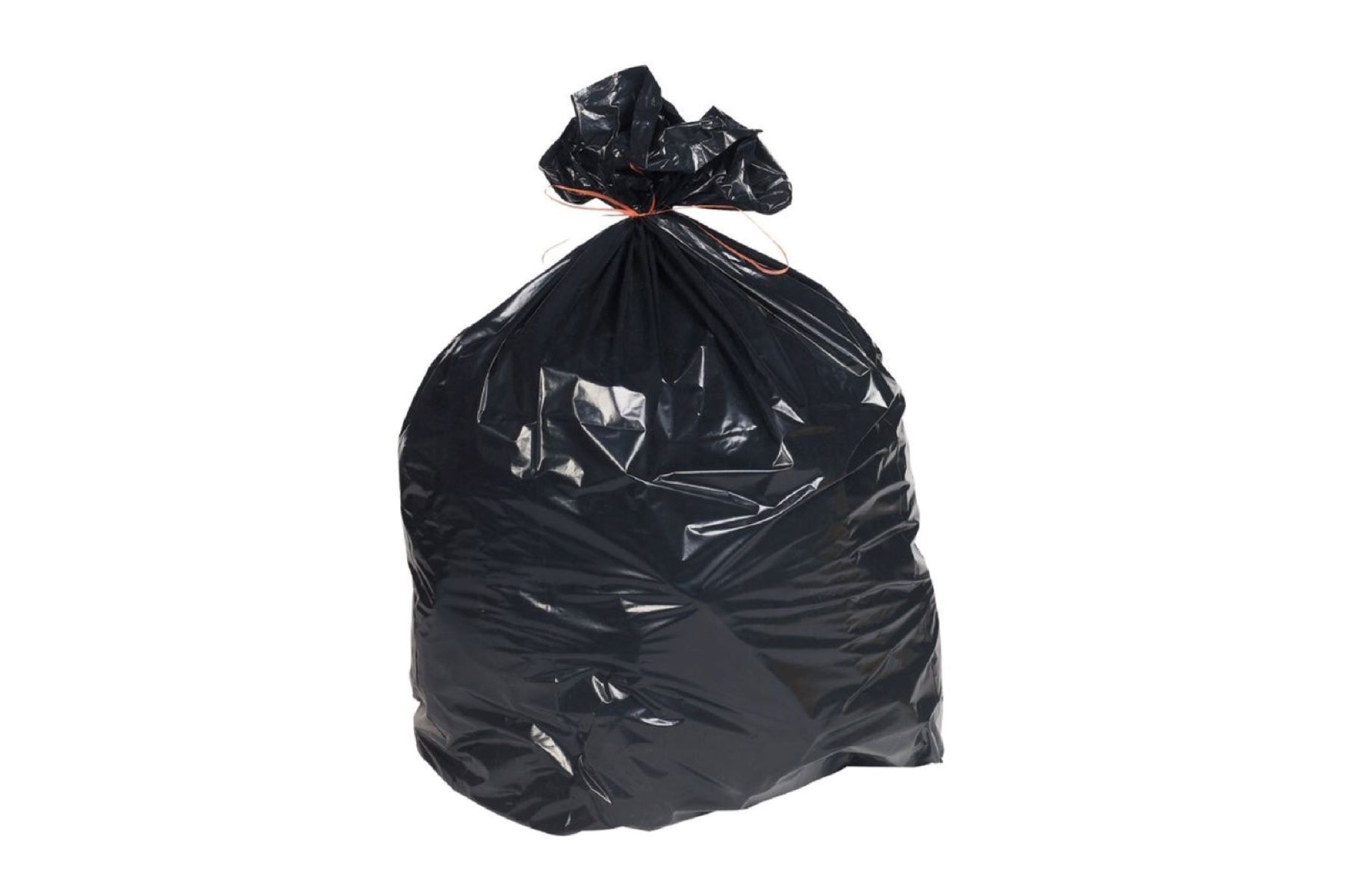
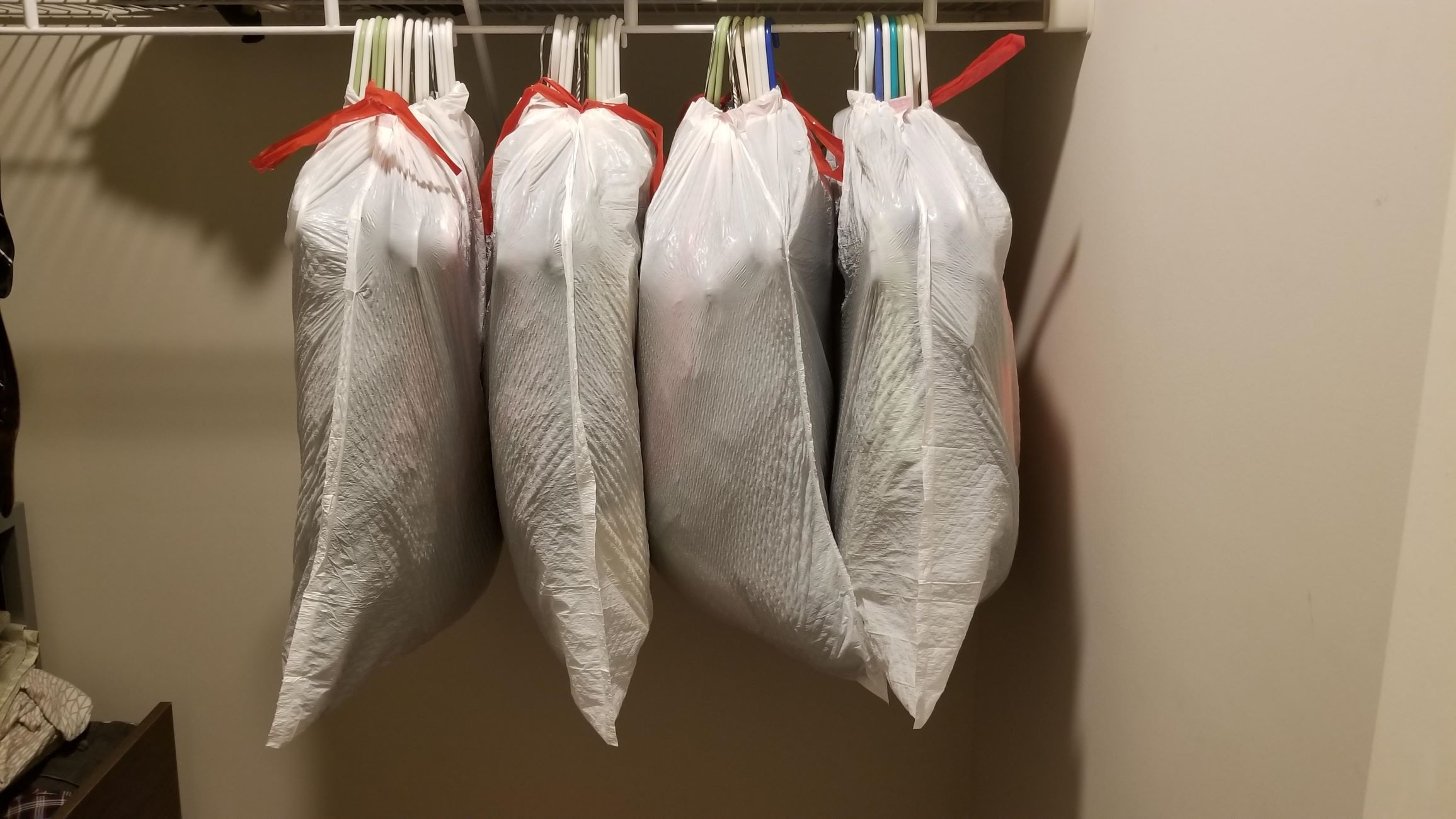
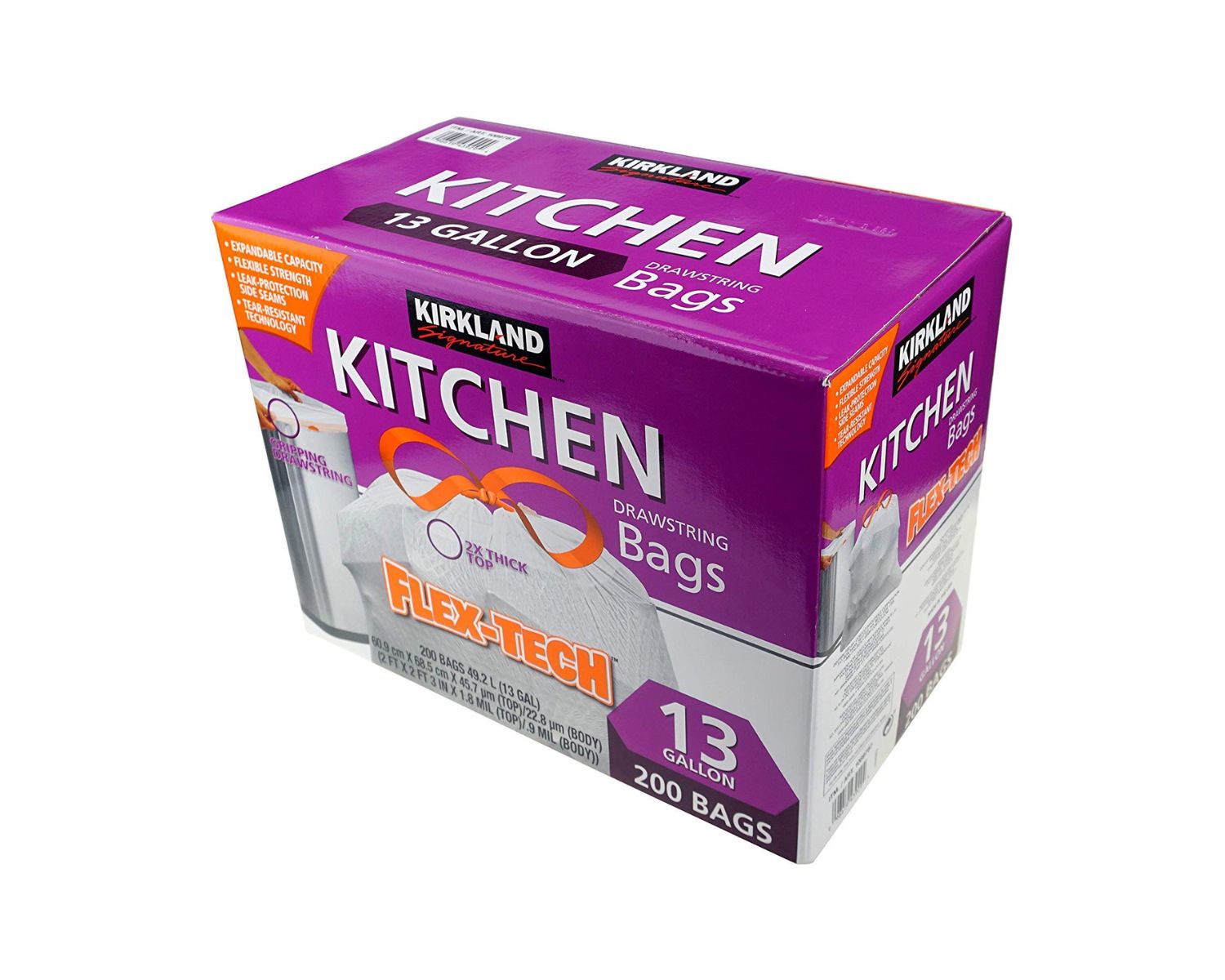

0 thoughts on “How To Keep Raccoons Out Of Trash Bags”